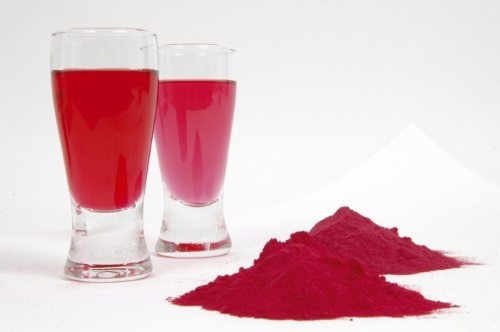Researchers from Chr. Hansen, the University of Copenhagen, Department of Plant and Environmental Sciences (KU) and Technical University of Denmark, Department of Systems Biology (DTU) have succeeded in producing carmine by a modern fermentation process.
The first of a series of patents that protects the technology has been published last month.
Carmine is a natural red pigment that is used in food and beverage applications.
The production method relies on cultivation of the cochineal that lives on cactus plants.
One kg of carmine requires manual collection of 100,000 cochineals, which adds significantly to the cost of the natural color.
The researchers have uncovered the complicated processes involved in the natural production of carmine using a modern fermentation process.
Chr. Hansen is now filing patents to protect the technology.
“This is a potential game-changer for carmine production,” says the company CEO Cees de Jong.
“The new technology is expected to make production of carmine more cost-efficient and thereby further lower the barriers for conversion to natural colors.”
Fermented carmine is still some years away from commercialization, as the process needs further optimization.










